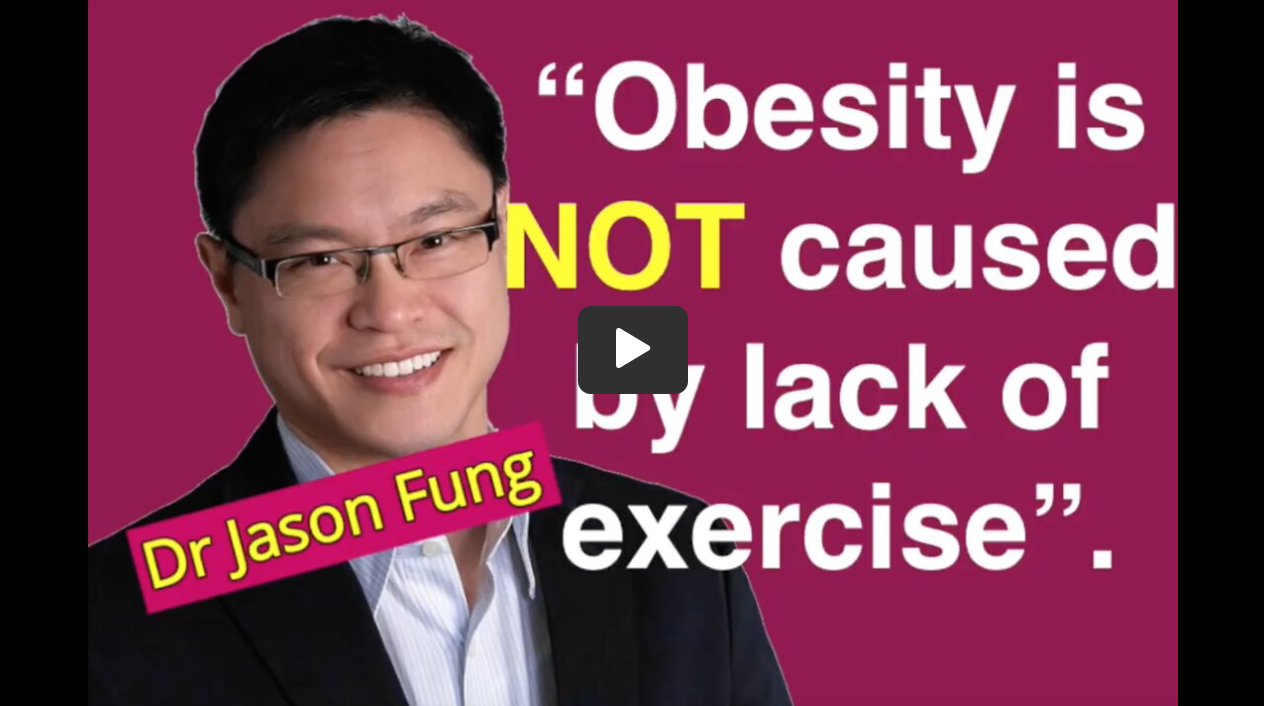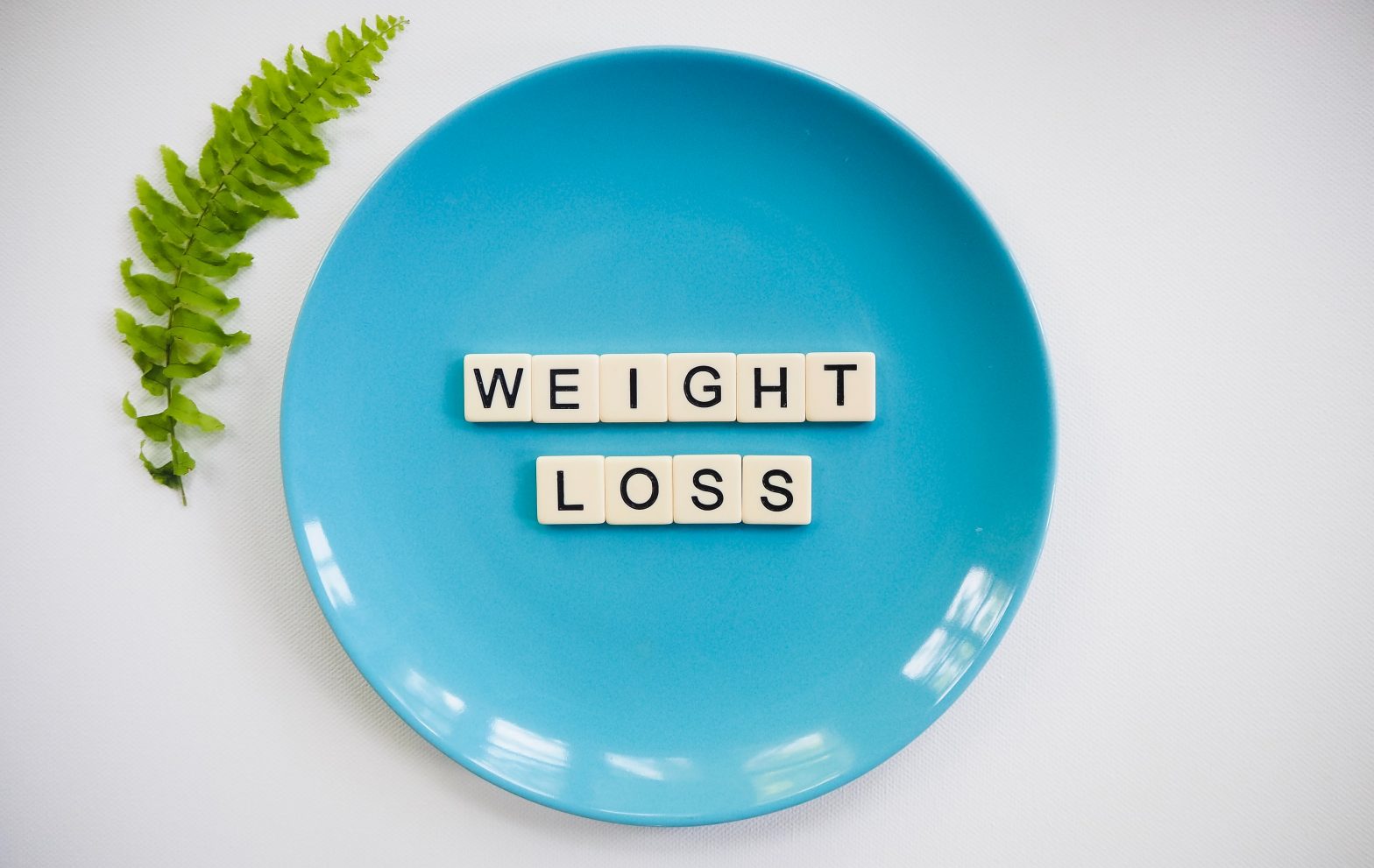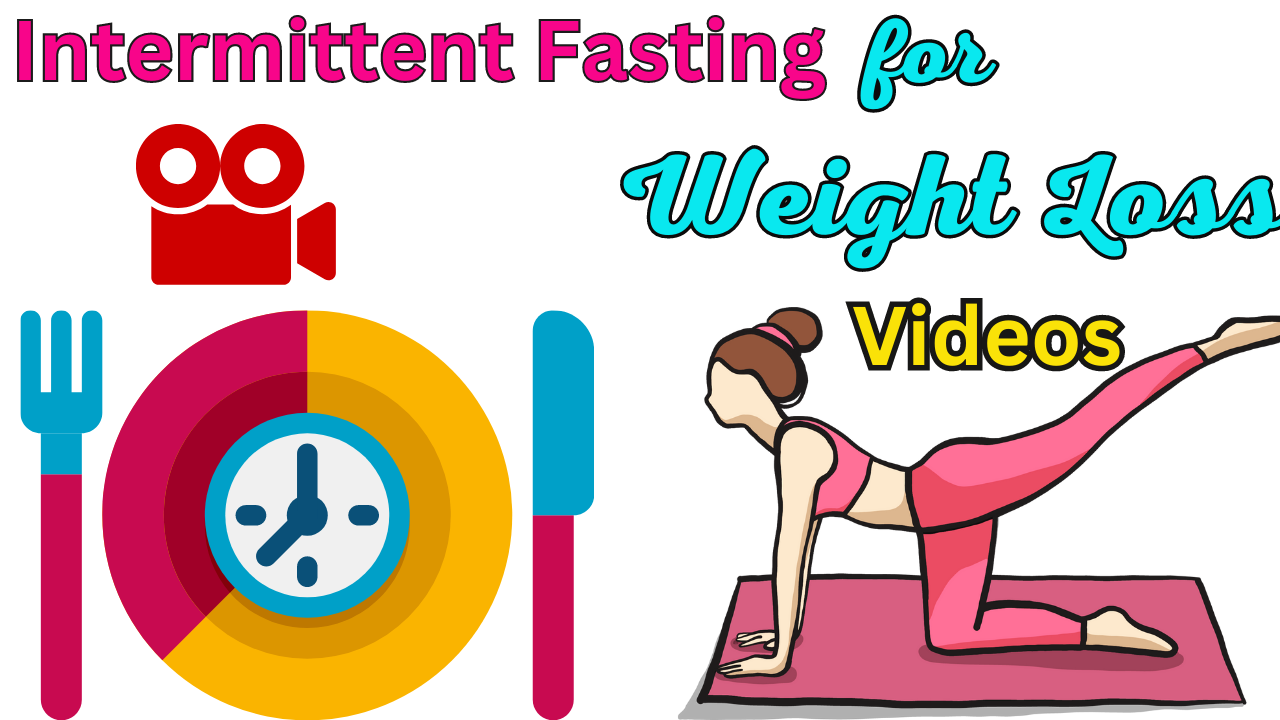Dr. Jason Fung is a leading nephrologist who has successfully treated numerous patients with diabetes and obesity. He also has been using fasting as a major tool in his medical treatments and has thereby helped innumerable patients get rid of their metabolic diseases.
Dr. Jason Fung’s recommendation for people with insulin resistance
Once you understand that the problem with obesity is too much insulin. Insulin resistance actually plays a key role because if you have it then it will keep your insulin levels very high, which will keep you from losing weight. So the question is what you can do to lower those insulin levels? In terms of the foods there are actually two key components to weight loss and everybody always, kind of, ignores one. So it comes down to two things. Basically what you eat and when you eat because you can’t ignore the question of frequency, right? So the question of what to eat is we more or less agree on that. So a lot of people, for example, understand that while eating a lot of white bread and white rice and sugar that it’s not really all that good for you and tends to be very fattening. So, of course, you need to cut those down. Those are at the highly refined carbohydrates and sugars. If you follow a relatively low carbohydrate diet and try to avoid processed foods then most people will agree on that. Yes, there are different variations but, for the most part, people understand mostly the same things. We have kind of gotten away a lot from this from this kind of low fat hysteria, which kind of followed from the calorie kind of misunderstanding. So if you remember, everything was about calories back in the 80s, right? That was the old thinking. Therefore, fat was very high in calories and you shouldn’t eat it. And so everything was low fat, low fat and low fat! Then we realised that there are a lot of healthy foods that are high in fat. So olive oil, avocados, nuts, the whole Mediterranean diet really! There is everything that was just swimming in olive oil, right? Well, how can it be? So they got something called healthy fats and the thing about it is that that term kind of didn’t exist 20 years ago. All fat was bad! But now we realise that there’s a lot of fat that is actually very good because it’s not about the calories but it’s about the fact that these are unprocessed foods and they’re not high in carbohydrates.
Carbohydrates refined, like bread and sugar, will stimulate insulin the most and therefore are much more fattening – calorie for calorie! That’s why if you eat grilled salmon with olive oil compared to brownies, the brownies are much more fattening because they stimulated it much more. One key is to go to a low carb high fat diet. But not all fats are the same either, right? You are trying to want to stick to the healthy fats because they’re kind of non processed. The other thing is the “when to eat”. Another thing, I think, that we’ve really gotten incorrect is that if you eat; almost all foods will stimulate insulin. Insulin tells our body, “Okay! So we are eating. Therefore, we want to store food energy. We don’t want to burn stored energy.” That is what body fat is. It is stored food energy. It tells us we need to store it. So if you eat six times a day then you’re gonna tell your body to “store fat! store fat! store fat!”. If from the minute you roll out of bed you start telling your body to store fat and all through that day you keep telling your body to store fat then what’s gonna happen? Well, you’re gonna gain weight because you just told your body to do so!
Fasting in history
The key is not to eat all the time. If you look at studies from 1977, the average number of meals per day in America was 3. By 2005, it has gone up to close to 6. Back in the 50s, they were eating white bread and Oreos, right? But they were eating breakfast, lunch and dinner. No snacks! Now we go breakfast, snack, lunch, snack, dinner, snack. The thing is that we have never allowed our body the time in which we are not eating and in which we can actually pull some energy out instead of storing it. Right now, we keep eating all the time and we tell our bodies to store this food energy. We never are able to go the other way and pull it out. Well, that’s what fasting does. It gives your body a chance to use the energy that you stored. Guess what? There is nothing wrong with it.
Fasting – A math problem
Fasting is actually part of natural human evolution. The very term itself breakfast means you break your fast, which means you have to be fasting in order to break it. It’s a part of every single day. You need to balance those feeding periods and those fasting period if you’re gonna lose weight. That’s the thing we have completely lost – that balance – instead of being, kind of, ten hours feeding and fourteen hours fasting or so in the 50s. Again, if you imagine that you eat breakfast at 8:00 and dinner at 6:00 that’s about 10 hours of eating and 14 hours of fasting. During those 10 hours of eating you are storing energy and during those 14 hours you are pulling that stored energy. Oh, great! Perfect balance. Now, we go, the minute we wake up in the morning at 7:00. Somebody says, “Oh, you got to put bagels in your mouth or something.” You keep eating throughout the whole day until you go to bed. Well now you’ve got like 16 -18 hours of feeding and 6 hours of fasting. That’s it! The only time you’re not eating is when you’re sleeping. All that time you’re in an insulin dominant mode telling your body to store food energy. And guess what? That is what it does. So over the years, you just gain weight. We have to kind of move it back. Now, if you want to actually lose weight then you can extend those fasting periods. Instead of being 14 – 12 – 14 hours, you can extend it longer. You can extend it to kind of 18 hours – 20 hours – 24 hours, whatever you want. That’s the idea. There are two things – what to eat and when to eat – and the reason that log tides fail is that they completely ignore this question of “when to eat” and they just concentrate on “what to eat”. That’s only 50% of the battle.
.







Leave a Reply